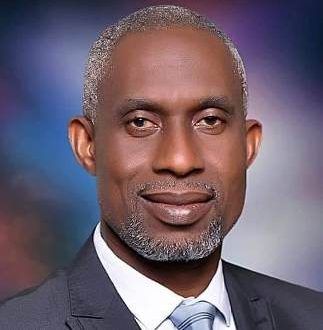Over 3,000 students of Bayelsa State extraction have benefited from the Bayelsa State Higher Education Students Loan Board scheme in the last one year. In the same vein, N400 million in loans have been have given out to undergraduate and post graduate students including those pursuing professional programme.
Executive Secretary of the board, Dr. Michael Amaegberi, who disclosed this in a chat with newsmen in his office in Yenagoa, said the board was established by law by the last administration in the state under former governor, Seriake Dickson, to cater for intelligent but indigent students who are pursuing higher education in public universities across the country.
According to the executive secretary, the loan amounts which vary according to programmes, were interest free, with flexible repayment plans where undergraduate beneficiaries are allowed to begin repayment one year after their mandatory National Youth Service Corps programme.
Amaegberi said: “Effectively, we started giving out loans in 2020 and between that time and now the total number of students in public universities across Nigeria, over 3000 students have cut across diploma, first degree, Master’s and doctorate degree programmes and professional programmes like Institute of Chartered Accountants of Nigeria (ICAN) among others.
“While the scheme is a novel one worthy of emulation, there is no interest to be paid on the loans, whenever the student is paying, it is the initial amount given to him/her and they are supposed to start paying back one year after their national youth service.
“We have given out almost N400million in loans to students and the amount per student varies, but the only programmes that we try to keep them at the same level is Master’s and doctorate degree programmes.”
He pointed out that the board’s major constraint is funding, adding that they are working to seek funding from the United Nations Education Fund (UNEF), International Oil Companies, IOCs, and other relevant government agencies like the Nigeria Content Development and Monitoring Board, NCDMB, Niger Delta Development Commission, NDDC, and other development agencies.
“The percentage from Internally Generated Revenue (IGR) is basically inadequate considering the numbers of beneficiaries that cut across public institutions in the country,” he said.
 PH Mundial – Port Harcourt Online Newspaper News Across The Region
PH Mundial – Port Harcourt Online Newspaper News Across The Region





